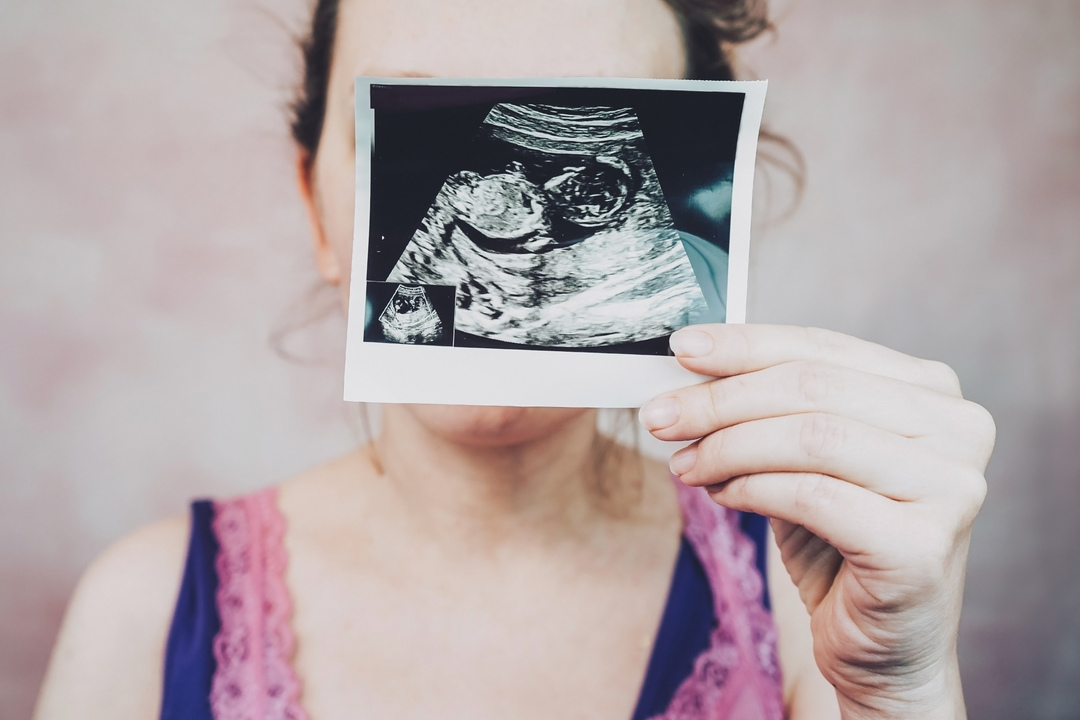
KUALA LUMPUR (BERNAMA) – Mariah (not her real name) woke up one morning with severe stomach pain, forcing her to rush to a clinic. She was stunned when the doctor informed her that she was pregnant and that she was in labour.
She had no idea she was expecting as she did not notice any change in her body. Moreover, her menstrual cycle continued, although it was irregular at times, and she never experienced nausea, headaches or cravings – symptoms commonly associated with pregnancy.
Mariah’s condition is known as a cryptic or stealth pregnancy, where a woman remains unaware of her pregnancy until the late stages or even labour.
According to Associate Prof Dr Ixora Kamisan Atan, a consultant in obstetrics, gynaecology and urogynaecology at Hospital Canselor Tuanku Muhriz Universiti Kebangsaan Malaysia, women experiencing such pregnancies are not aware of their condition due to the absence of symptoms like nausea, vomiting, breast tenderness or abdominal discomfort, or mistaking the signs for other health issues.
Studies have shown that 1 in 475 women worldwide only realise they are expecting when their pregnancy reaches 20 weeks, at which point they may start noticing a “baby bump” or feeling fetal movements.
Meanwhile, 1 in 2,500 women remain unaware of their pregnancy until full term and only discover it when they experience labour pains, Dr Ixora told Bernama.
She said some obese women, for example, may not feel fetal movements, which are usually noticeable between 16 and 20 weeks of pregnancy, and their family and friends may not notice any change in their belly size due to their body shape.
“For women with irregular periods, some of them may not menstruate for three to four months which they consider normal, so they do not take a pregnancy test (if they miss their periods).
“Early pregnancy bleeding can sometimes be mistaken for menstruation. But, in reality, it could be implantation bleeding – the light bleeding that occurs when the embryo attaches to the uterine wall, or it could be a sign of a threatened miscarriage,” she said.
She added that several factors contribute to irregular menstruation including conditions such as polycystic ovarian syndrome (PCOS), hormonal imbalances or obesity, or certain types of birth control. Women who are breastfeeding or approaching menopause age may also experience irregular menstruation.
Meanwhile, Dr Sharina Mohd Razali, an obstetrics and gynaecology consultant at Sunway Damansara Medical Centre, said cryptic pregnancy can also be referred to as ‘pregnancy denial’, where a woman has set her mind not to get pregnant, adding that this is more common among young, unmarried individuals.
“There are two categories of cryptic pregnancy, namely psychotic and non-psychotic. The psychotic type involves individuals with mental health issues who are completely unaware of their pregnancy. The non-psychotic type involves women without mental health conditions but who are in denial about their pregnancy.
“They are in denial or do not expect to be pregnant, either because they are unmarried or using contraception. Since they do not anticipate pregnancy, they tend to ignore symptoms like missed periods,” she said.
Dr Sharina said denial is often seen in individuals who have experienced childhood trauma or sexual abuse such as rape, assault or incest, making it difficult for them to accept the pregnancy.
However, she warned that cryptic pregnancy can lead to risks such as low birth weight in babies due to inadequate nutrition and vitamins during the prenatal stage, and absence of routine pregnancy care. It can also lead to pregnancy complications for the mother.
She advised women who have engaged in unprotected sex or are victims of sexual assault to consult a doctor if they experience delayed menstruation and abdominal enlargement so that they can receive appropriate care in the event they are pregnant.




